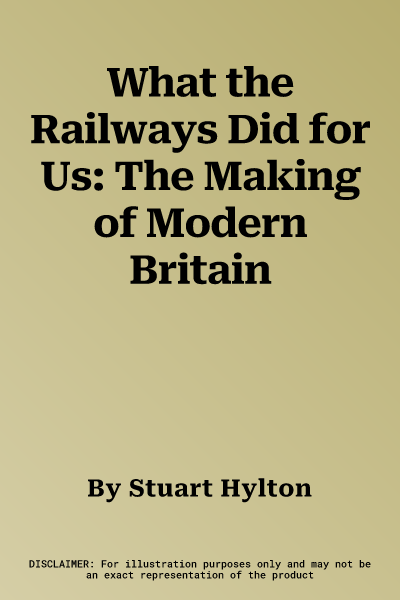Stuart Hylton
(Author)What the Railways Did for Us: The Making of Modern BritainPaperback, 15 November 2016

Qty
1
Turbo
Ships in 2 - 3 days
Only 2 left
Free Delivery
Cash on Delivery
15 Days
Free Returns
Secure Checkout

Print Length
240 pages
Language
English
Publisher
Amberley Publishing
Date Published
15 Nov 2016
ISBN-10
1445659522
ISBN-13
9781445659527
Description
Product Details
Author:
Book Format:
Paperback
Date Published:
15 November 2016
Dimensions:
19.81 x
12.4 x
1.78 cm
ISBN-10:
1445659522
ISBN-13:
9781445659527
Language:
English
Location:
Stroud
Pages:
240
Publisher:
Weight:
222.26 gm